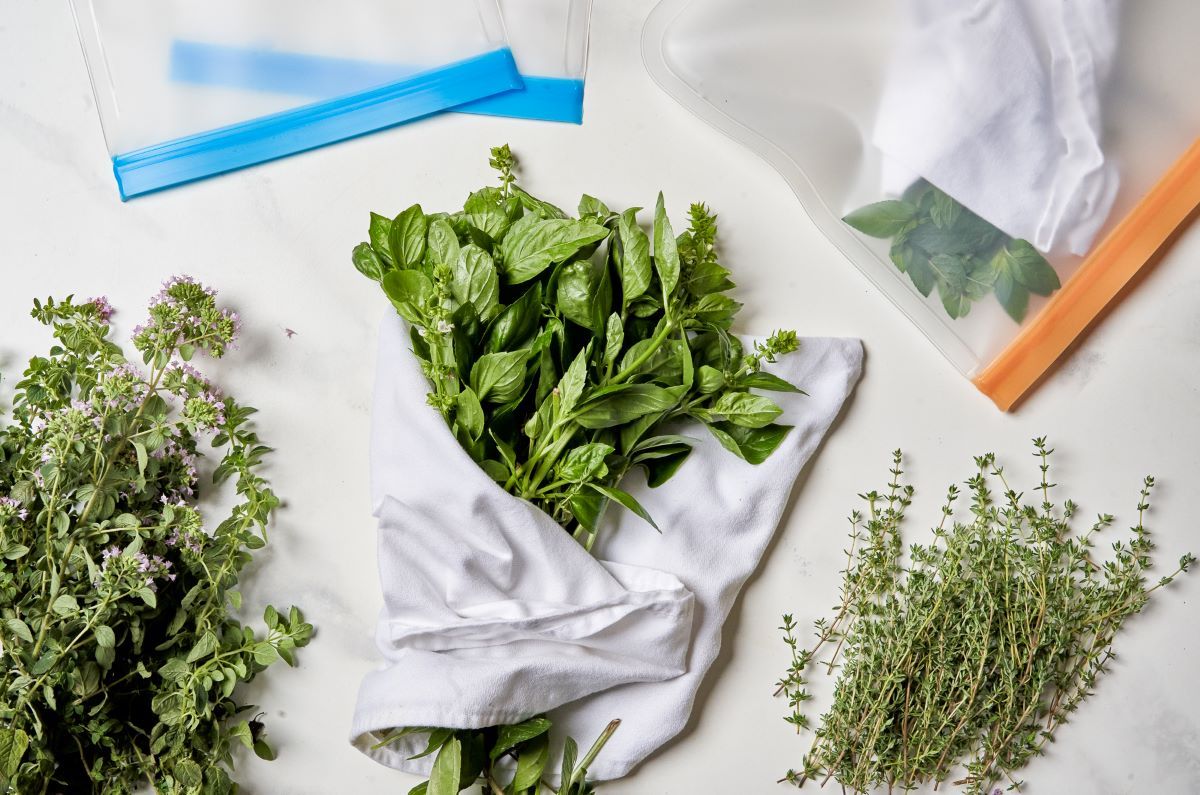

Articles
How To Store Herbs In Fridge
Modified: January 6, 2024
Looking for articles on how to store herbs in the fridge? Find expert tips and tricks to keep your herbs fresh and flavorful for longer.
(Many of the links in this article redirect to a specific reviewed product. Your purchase of these products through affiliate links helps to generate commission for Storables.com, at no extra cost. Learn more)
Introduction
Properly storing herbs in the fridge is essential to maintain their freshness and flavor for as long as possible. Herbs are a great way to add aroma, taste, and nutritional value to our dishes, but they can quickly lose their potency if not stored correctly. Knowing how to store herbs in the fridge will not only help you reduce waste but also ensure that you always have a supply of fresh herbs on hand for your culinary creations.
In this article, we will explore the importance of properly storing herbs, how to choose fresh herbs, and various methods for storing them in the fridge. We will also discuss how to label and identify herbs to avoid confusion and share tips for checking and maintaining herb freshness. By the end, you will be equipped with the knowledge to extend the shelf life of your herbs and elevate your cooking to the next level.
Key Takeaways:
- Properly storing herbs in the fridge preserves flavor, extends shelf life, and reduces food waste. Choose fresh herbs, prepare them correctly, and utilize various storage methods to elevate your culinary creations.
- Label, inspect, and maintain herb freshness to ensure optimal quality. Proper placement in the fridge and freezing excess herbs are key to maximizing flavor and minimizing waste.
Read more: How To Store Fresh Herbs In Fridge
Importance of Properly Storing Herbs
Proper storage of herbs is crucial to preserve their flavor, aroma, and nutritional value. Whether you grow your own herbs or purchase them from a store, understanding how to store them correctly is essential to ensure their longevity and quality. Here are some reasons why properly storing herbs is important:
- Prolongs Shelf Life: Fresh herbs have a limited shelf life, and improper storage can accelerate their deterioration. By storing herbs properly, you can extend their freshness and usability, reducing waste and saving money in the long run.
- Preserves Flavor and Aroma: Herbs contain essential oils that give them their distinct flavors and aromas. When exposed to air, heat, or moisture, these oils can evaporate, resulting in a loss of flavor and aroma. Proper storage helps to retain these oils, ensuring that your herbs remain flavorful and fragrant.
- Maintains Nutritional Value: Herbs are not only packed with flavor, but they also offer various health benefits due to their rich nutritional profile. However, improper storage can lead to the loss of essential vitamins, minerals, and antioxidants. By storing herbs correctly, you can preserve their nutritional value and maximize their health benefits.
- Facilitates Meal Preparation: Having fresh herbs readily available in your fridge makes meal preparation more convenient. You can easily incorporate herbs into your recipes, enhancing the taste and visual appeal of your dishes. Properly stored herbs are easily accessible whenever you need them, saving you time and effort.
- Reduces Food Waste: When herbs are not stored properly and begin to spoil, they often end up in the trash bin. By storing herbs correctly, you can minimize food waste and make the most out of your ingredients. This not only benefits the environment but also your wallet.
Now that we understand the importance of properly storing herbs, let’s dive into the techniques and methods for choosing fresh herbs and storing them in the fridge.
Choosing Fresh Herbs
When it comes to storing herbs, starting with fresh and high-quality herbs is crucial. Here are some tips for choosing the freshest herbs:
- Appearance: Look for herbs that are vibrant in color, with leaves that are bright and intact. Avoid herbs that are wilting, discolored, or have any signs of mold or pests.
- Fragrance: The aroma of the herb is a good indicator of its freshness. Give the herb a gentle rub or crush a leaf to release its scent. It should have a strong and distinct aroma.
- Texture: The leaves of the herb should be firm and crisp, without any signs of wilting or sliminess.
- Seasonality: Seasonal herbs tend to be fresher and have better flavor. Try to choose herbs that are in season if possible.
- Organic or Homegrown: Organic herbs or those grown without pesticides and chemicals are ideal to ensure the highest quality and minimize the risk of ingesting harmful substances.
Additionally, consider harvesting herbs from your own garden if you have one. This ensures that you have the freshest herbs available, with the added advantage of being able to pick them at their peak flavor.
Once you have selected your fresh herbs, it’s time to prepare them for storage to maintain their freshness for as long as possible.
Preparing Herbs for Storage
Before storing herbs in the fridge, it’s important to prepare them properly to ensure their longevity. Follow these simple steps to prepare your herbs for storage:
- Inspect the Herbs: Check the herbs for any damaged or wilted leaves. Remove any discolored or spoiled parts of the herb.
- Trim the Stems: Trim the ends of the herb stems, removing any brown or dry parts. This helps to promote water absorption and prolong the freshness of the herbs.
- Rinse Gently: Rinse the herbs gently under cold water to remove any dirt or debris. Pat them dry with a paper towel or use a salad spinner to remove excess moisture.
- Remove Excess Water: Ensure that the herbs are completely dry before moving on to the next step. Excess moisture can cause the herbs to spoil quickly.
- Bundle or Separate: Depending on the type of herb, you can either bundle them together or separate them for storage. Herbs with thicker stems like rosemary and thyme can be bundled together using a twist tie or rubber band. Delicate herbs like parsley and cilantro should be stored separately.
By following these steps, you are now ready to store your herbs in the fridge using various methods that will help optimize their freshness and flavor.
Wrapping Herbs in Paper Towels
One popular method for storing herbs in the fridge is by wrapping them in paper towels. This method helps to absorb excess moisture and keep the herbs fresh for longer. Here’s how to do it:
- Prepare the Paper Towels: Take a few sheets of paper towels and lightly dampen them with water. The towels should be moist but not soaking wet.
- Arrange the Herbs: Lay the herbs on the damp paper towels. You can either lay them flat or arrange them in small bundles.
- Wrap the Herbs: Gently and loosely roll the paper towels around the herbs, ensuring that they are fully covered. Avoid wrapping too tightly, as this can cause damage to the delicate leaves.
- Store in a Plastic Bag: Place the wrapped herbs in a plastic bag, such as a Ziploc bag. Seal the bag, leaving a small opening for air circulation.
- Label the Bag: To avoid confusion, label the bag with the name of the herbs and the date of storage.
By wrapping the herbs in paper towels, moisture is absorbed, preventing the herbs from becoming damp and prone to decay. The paper towels also provide a protective barrier, preventing the herbs from getting crushed or damaged in the fridge.
Another alternative to storing herbs in paper towels is to use herb keepers or containers.
Read more: How To Store Herbs
Storing Herbs in Plastic Bags
Using plastic bags is another effective method for storing herbs in the fridge. Plastic bags help to maintain humidity and prevent the herbs from wilting. Here’s how to store herbs in plastic bags:
- Prep the Herbs: Follow the steps mentioned earlier to inspect, trim, rinse, and dry the herbs.
- Arrange the Herbs: Place the prepared herbs in a plastic bag. You can either leave them loose or loosely tie the bag to secure the herbs.
- Seal the Bag: Make sure to seal the bag tightly to retain the moisture and prevent air from entering.
- Label the Bag: It’s essential to label the bag with the name of the herbs and the date of storage to avoid any confusion later on.
When using plastic bags, be mindful of any moisture accumulation inside the bag. If you notice excessive moisture, remove the herbs, dry them off with paper towels, and replace the bag with a dry one. Mold or condensation can develop on the herbs if they are stored in a damp environment.
While plastic bags are a convenient option, using herb keepers or containers specifically designed for storing herbs can provide even better preservation.
To store herbs in the fridge, trim the stems, place in a jar with water, cover with a plastic bag, and secure with a rubber band. Change the water every few days to keep them fresh.
Using Herb Keepers or Containers
If you want to take your herb storage to the next level, using herb keepers or containers is a great option. These specialized containers are designed to maintain the optimal conditions for storing herbs, keeping them fresh for longer periods. Here’s how to use herb keepers or containers:
- Prepare the Herbs: Follow the steps mentioned earlier to prepare the herbs, ensuring that they are clean and dry.
- Place in the Container: Open the herb keeper or container and place the herbs inside. You may need to trim the stems to fit them properly.
- Add Water: Some herb keepers have a water reservoir or a water-fill cap. Add a small amount of water to keep the herbs hydrated without soaking the leaves.
- Close the Container: Seal the herb keeper or container tightly to create a humidity-controlled environment for the herbs.
- Store in the Fridge: Place the herb keeper or container in the refrigerator to maintain the ideal temperature and extend the freshness of the herbs.
Herb keepers and containers provide an airtight and moisture-controlled environment for storing herbs. They help to regulate humidity, prevent wilting, and protect the herbs from excessive moisture or dryness. Some containers even have removable dividers, allowing you to store different herbs separately within the same container.
When using herb keepers or containers, be sure to check the water reservoir regularly and refill as needed to keep the herbs hydrated. Additionally, label the container with the herb name and storage date for easy identification.
Now that you know how to store herbs using different methods let’s discuss the importance of labeling and identifying herbs to avoid any confusion.
Labeling and Identifying Herbs
Labeling and identifying your stored herbs is essential to prevent any confusion and ensure that you use the right herb when needed. Here are some tips for labeling and identifying herbs:
- Use Waterproof Labels: Use waterproof labels or write directly on the storage bag or container with a permanent marker. This prevents the labels from smudging or getting ruined if they come into contact with moisture.
- Include the Herb Name: Clearly write the name of the herb on the label. This will help you identify the herb quickly and easily, especially if you have stored multiple types of herbs.
- Add Storage Date: Include the date of storage on the label. This will give you a reference point to determine the freshness of the herbs.
- Use Clear Containers: If you are using clear containers to store your herbs, it can be easier to visually identify the herbs. However, make sure to still label the containers for clarity.
- Keep an Inventory: Maintain an inventory of the herbs you have stored. This can be as simple as a list on a notepad or a digital spreadsheet. Note down the herb name, storage date, and any other relevant details. This helps you keep track of the herbs and ensures you use them before they lose their freshness.
Proper labeling and identification of herbs also come in handy when you have an abundance of herbs from your garden or during peak harvest season. It allows you to keep track of the different herbs and utilize them effectively in your recipes.
Now that we have covered the importance of labeling and identifying herbs, let’s discuss the proper placement of herbs in the refrigerator.
Proper Placement in the Fridge
Knowing where and how to store your herbs in the fridge is crucial for maintaining their freshness and flavor. Here are some tips for proper placement of herbs:
- Top Shelf: The top shelf of the fridge tends to be the warmest area. Avoid placing herbs directly on this shelf as they can be exposed to heat, which can cause them to wilt and spoil quickly.
- Crisper Drawer: The crisper drawer is an ideal spot for storing herbs. It provides a cool, dark, and humid environment, which helps to preserve the freshness of the herbs. Place the herbs in a plastic bag or herb keeper and store them in the crisper drawer to maintain their quality.
- Door Shelves: Avoid storing herbs on the door shelves of the fridge. The temperature on the door fluctuates more than in the interior, which can affect the freshness and flavor of the herbs.
- Avoid Cross-Contamination: Keep herbs away from strong-smelling foods like onions and garlic, as herbs can absorb odors easily. Store herbs separately or in sealed containers to prevent cross-contamination.
- Don’t Overcrowd: Ensure that you don’t overcrowd the fridge or the specific area where you store your herbs. Overcrowding can lead to poor air circulation, which can cause the herbs to wilt or spoil more quickly.
By following these placement guidelines, you can create an optimal environment for your herbs to remain fresh and flavorful for an extended period.
Now that you know how to store and position your herbs properly, it’s important to check and maintain their freshness to ensure you use them at their best.
Read more: How To Store Dry Herbs
Checking and Maintaining Herb Freshness
Even with proper storage techniques, it’s important to regularly check on the freshness of your stored herbs. Here are some tips for checking and maintaining herb freshness:
- Inspect Regularly: Take a moment every few days to inspect your stored herbs. Look for any signs of discoloration, wilting, or molding. Remove any herbs that show signs of spoilage to prevent them from affecting the other herbs.
- Replace Moisture-Absorbing Materials: If you are using paper towels or moisture-absorbing packets to store your herbs, replace them if they become wet or too damp. Excess moisture can lead to the growth of mold or the herbs becoming slimy.
- Rotate Herbs: Use the principle of “first in, first out” to rotate your herbs. Make sure to use the older herbs before the newer ones to ensure freshness and prevent waste.
- Store Resilient Herbs Differently: Some herbs, like basil or cilantro, have more delicate leaves and tend to wilt faster. In this case, you can prolong their freshness by placing them in a glass of water, similar to a bouquet of flowers.
- Freeze Excess Herbs: If you find that you have more herbs than you can use before they lose freshness, consider freezing them. Freezing herbs is a great way to preserve their flavor and can be easily done by chopping them and placing them in freezer-safe bags or ice cube trays.
Remember to handle your herbs gently when checking their freshness to avoid damaging them. With regular inspection and maintenance, you can ensure that your herbs stay fresh and flavorful for an extended period of time.
With these tips, you are now equipped with the knowledge to store, maintain, and extend the shelf life of your herbs. By properly storing your herbs in the fridge and implementing these techniques, you can enjoy the full flavor and aroma of fresh herbs in your culinary creations for as long as possible.
Time to start storing your herbs properly and elevate your dishes with the vibrant flavors of freshly stored herbs!
Conclusion
Properly storing herbs in the fridge is essential for maintaining their freshness, flavor, and nutritional value. By choosing fresh herbs, preparing them correctly, and utilizing various storage methods, you can extend their shelf life and reduce waste. Whether you wrap them in paper towels, store them in plastic bags, or use specialized herb keepers or containers, the key is to create the right conditions to preserve their quality.
Labeling and identifying your stored herbs helps avoid confusion and ensures that you use the right herbs when needed. Remember to place your herbs in the appropriate location in the fridge, such as the crisper drawer, and avoid overcrowding. Regularly check the freshness of your herbs and make necessary adjustments to maintain optimal conditions. And when you have an abundance of herbs, consider freezing them to prolong their usability.
Proper storage not only reduces food waste but also enhances your culinary experiences. With the convenience of fresh herbs always at your fingertips, you can elevate the flavors and aromas of your dishes, making them more tantalizing and enjoyable.
So, start implementing these storage tips and techniques to keep your herbs fresh, flavorful, and ready to enhance your meals. With a little effort, you can ensure that your herbs stay vibrant and aromatic, adding that extra touch of deliciousness to your favorite recipes.
Enjoy the benefits of properly stored herbs and embrace the culinary possibilities that await!
Frequently Asked Questions about How To Store Herbs In Fridge
Was this page helpful?
At Storables.com, we guarantee accurate and reliable information. Our content, validated by Expert Board Contributors, is crafted following stringent Editorial Policies. We're committed to providing you with well-researched, expert-backed insights for all your informational needs.
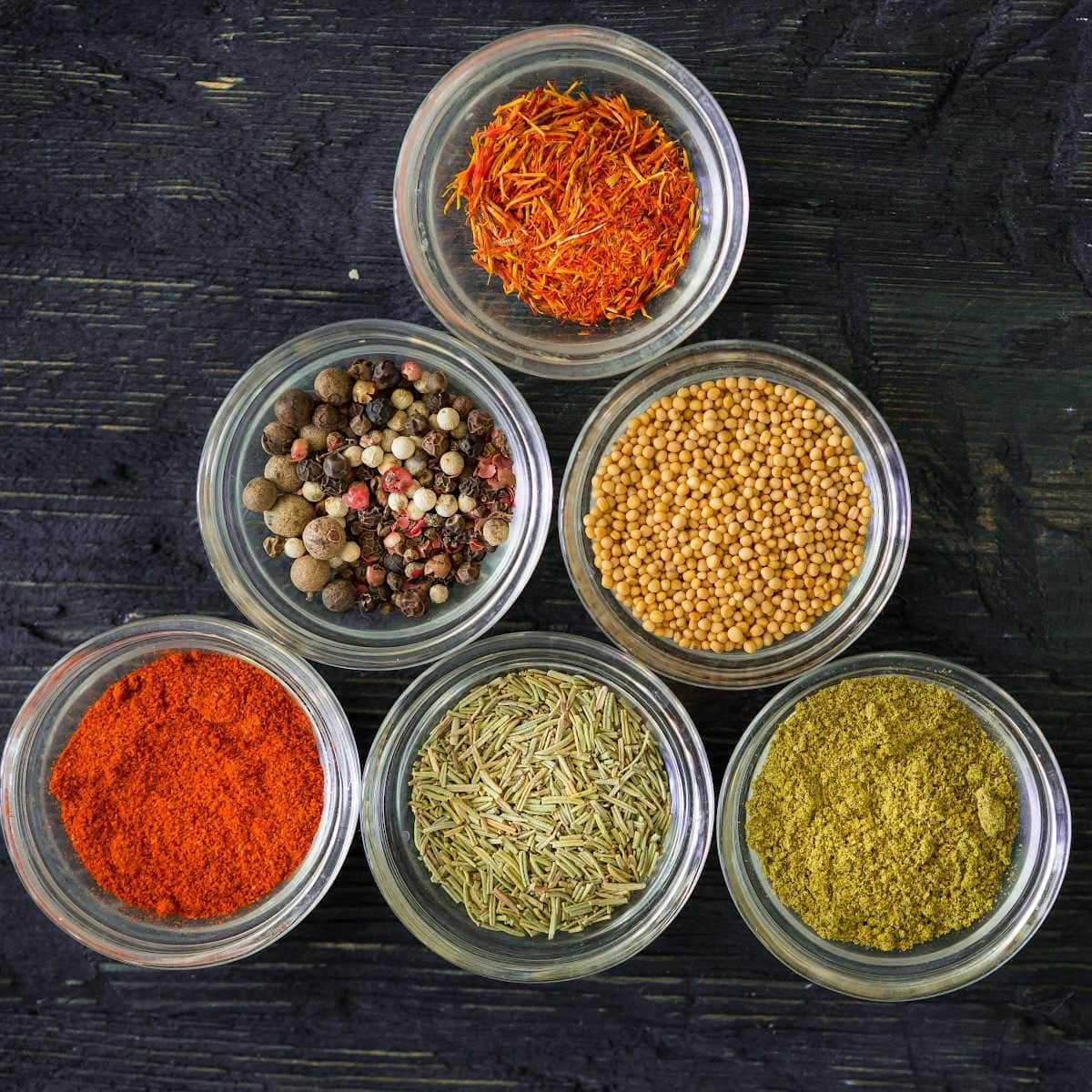
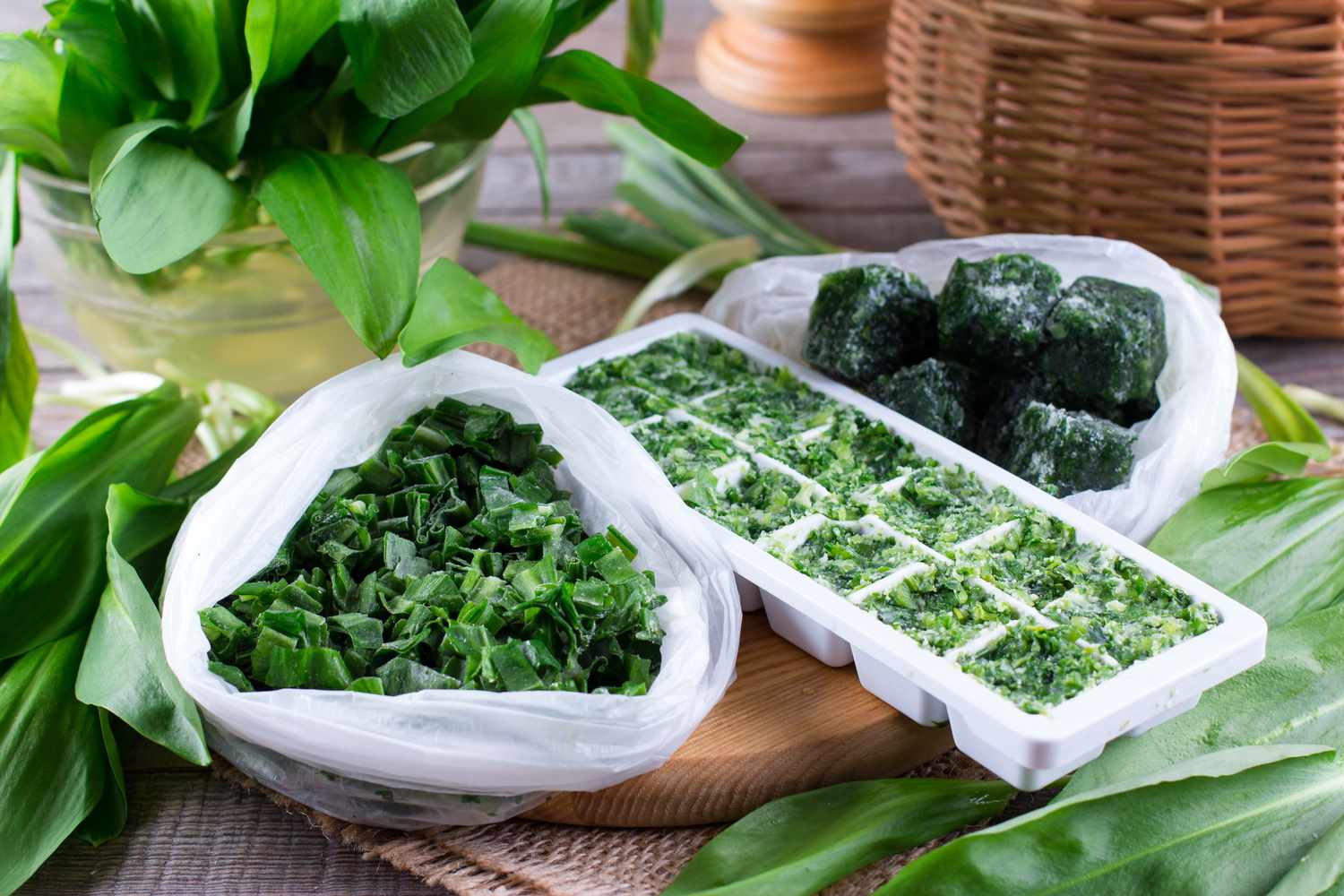
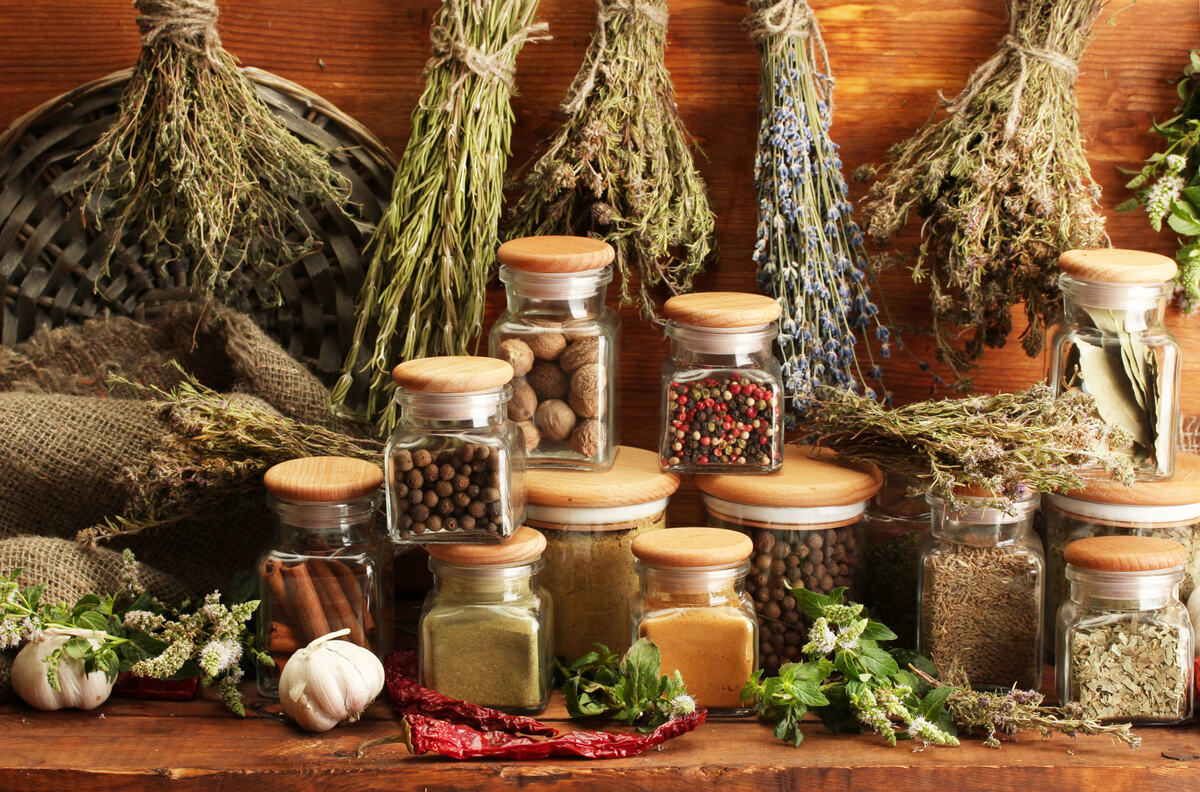

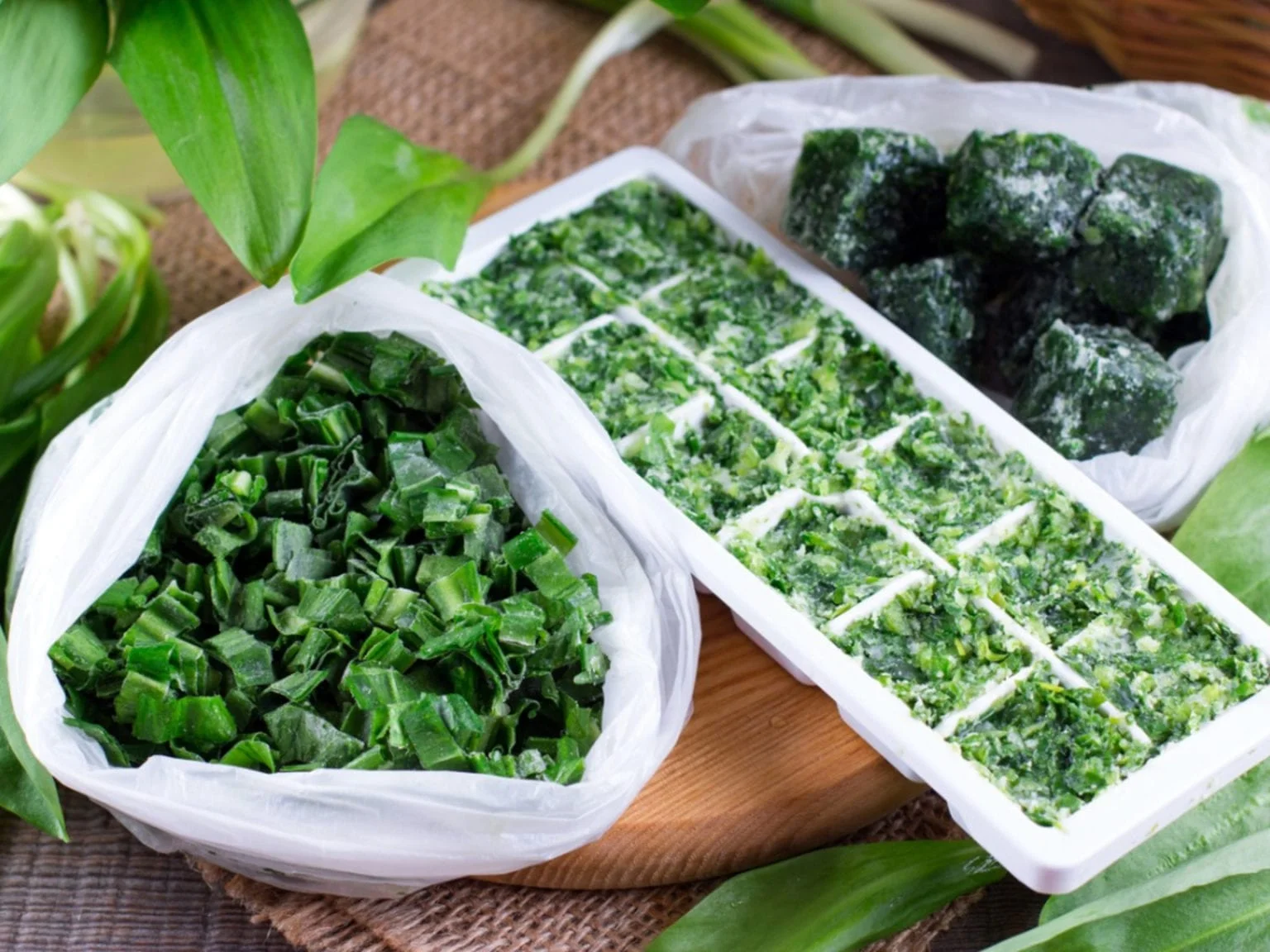
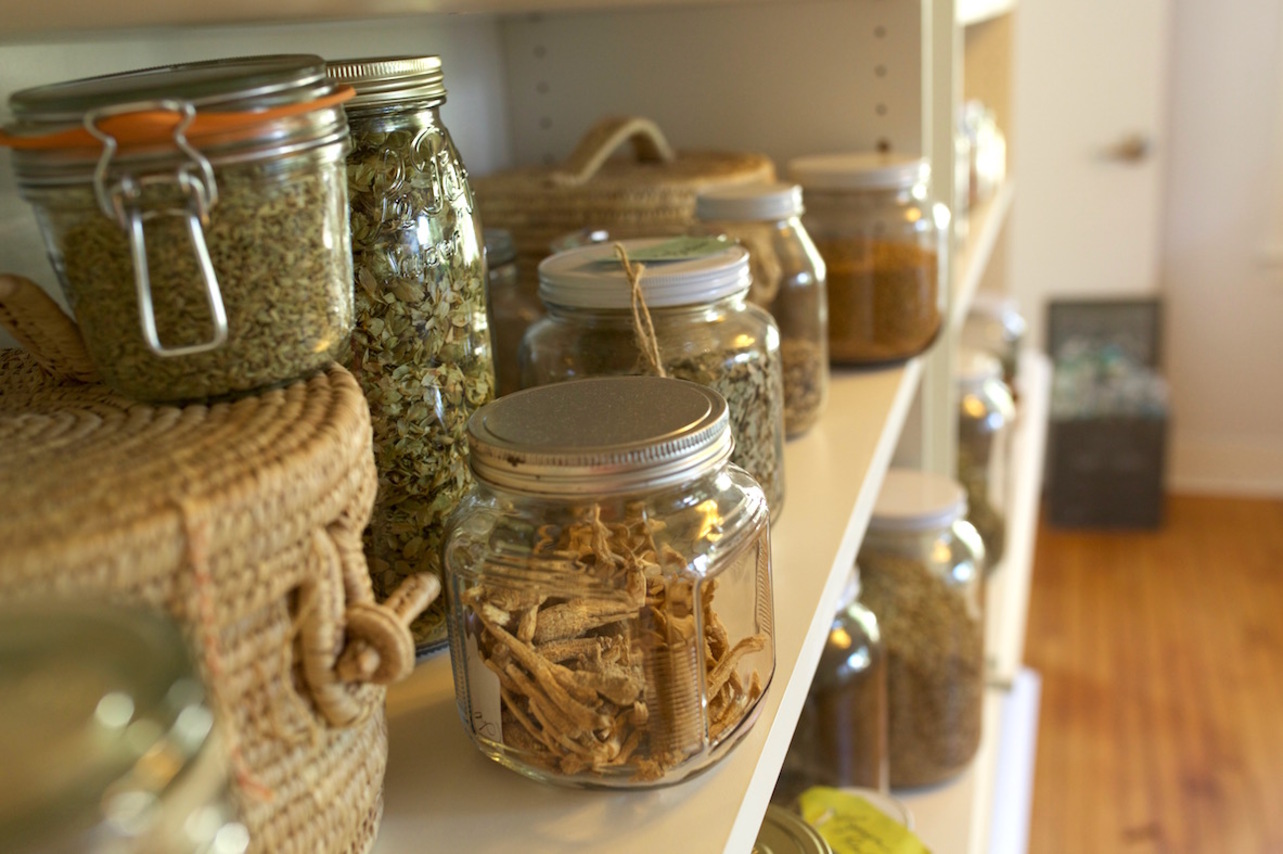
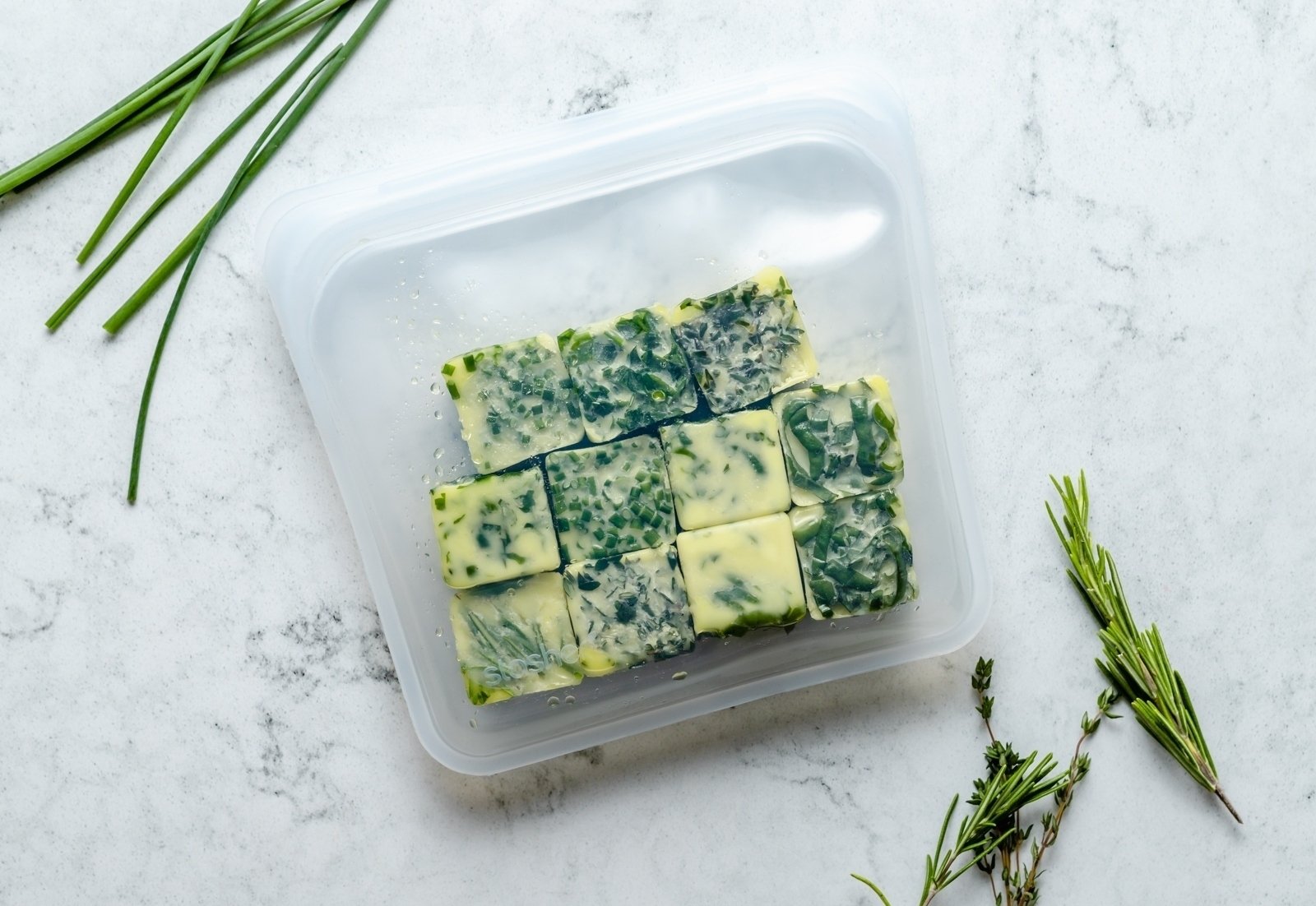
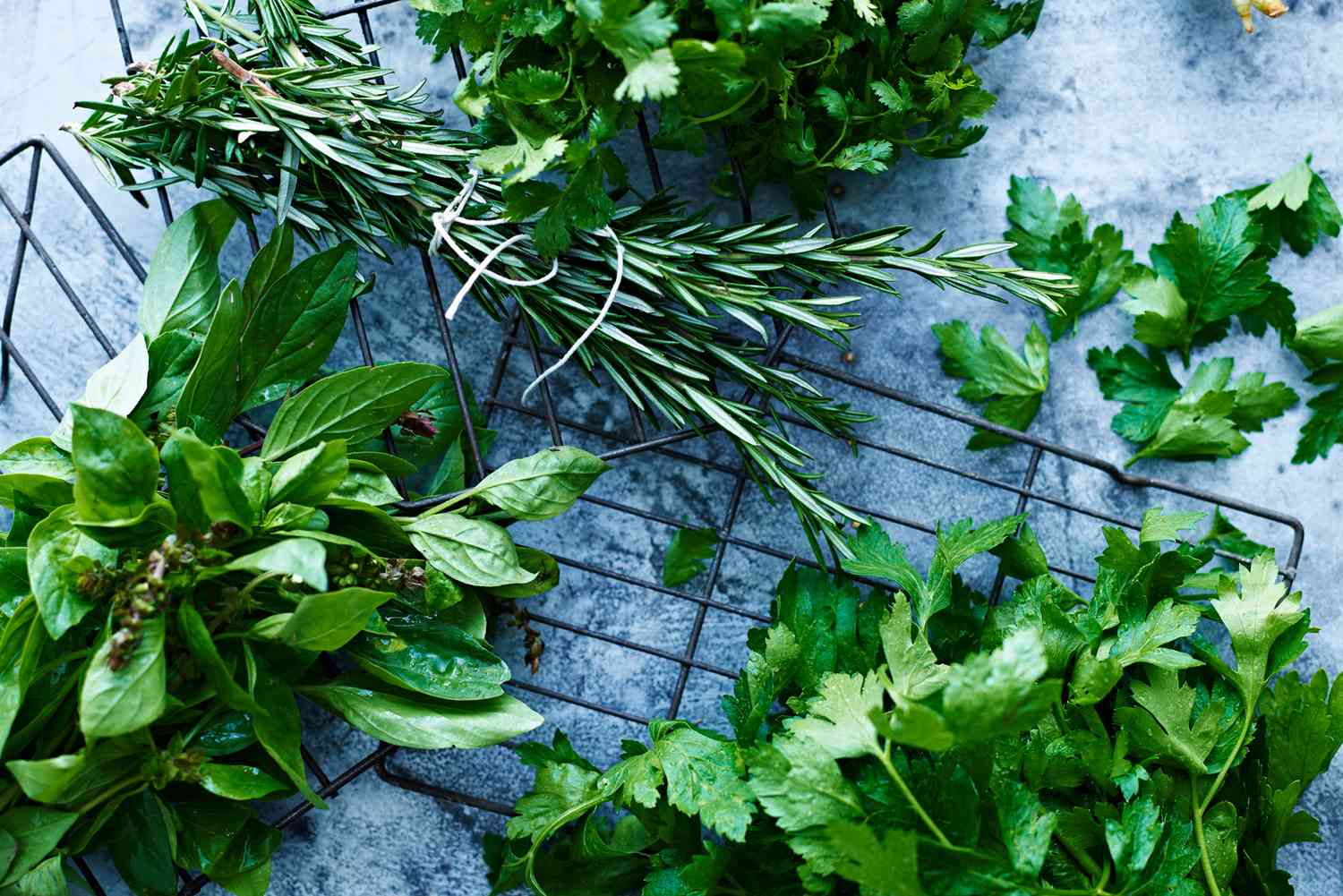
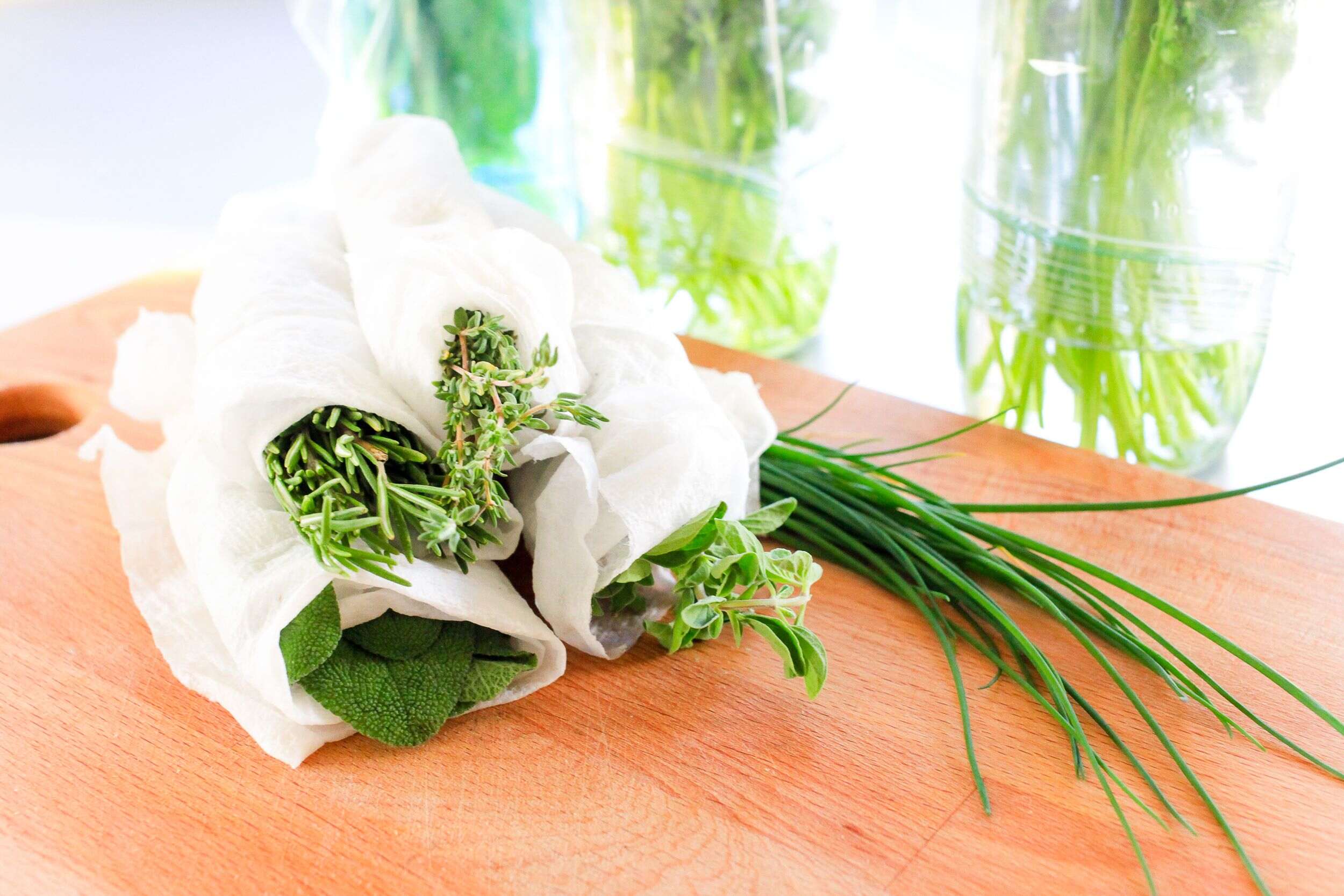
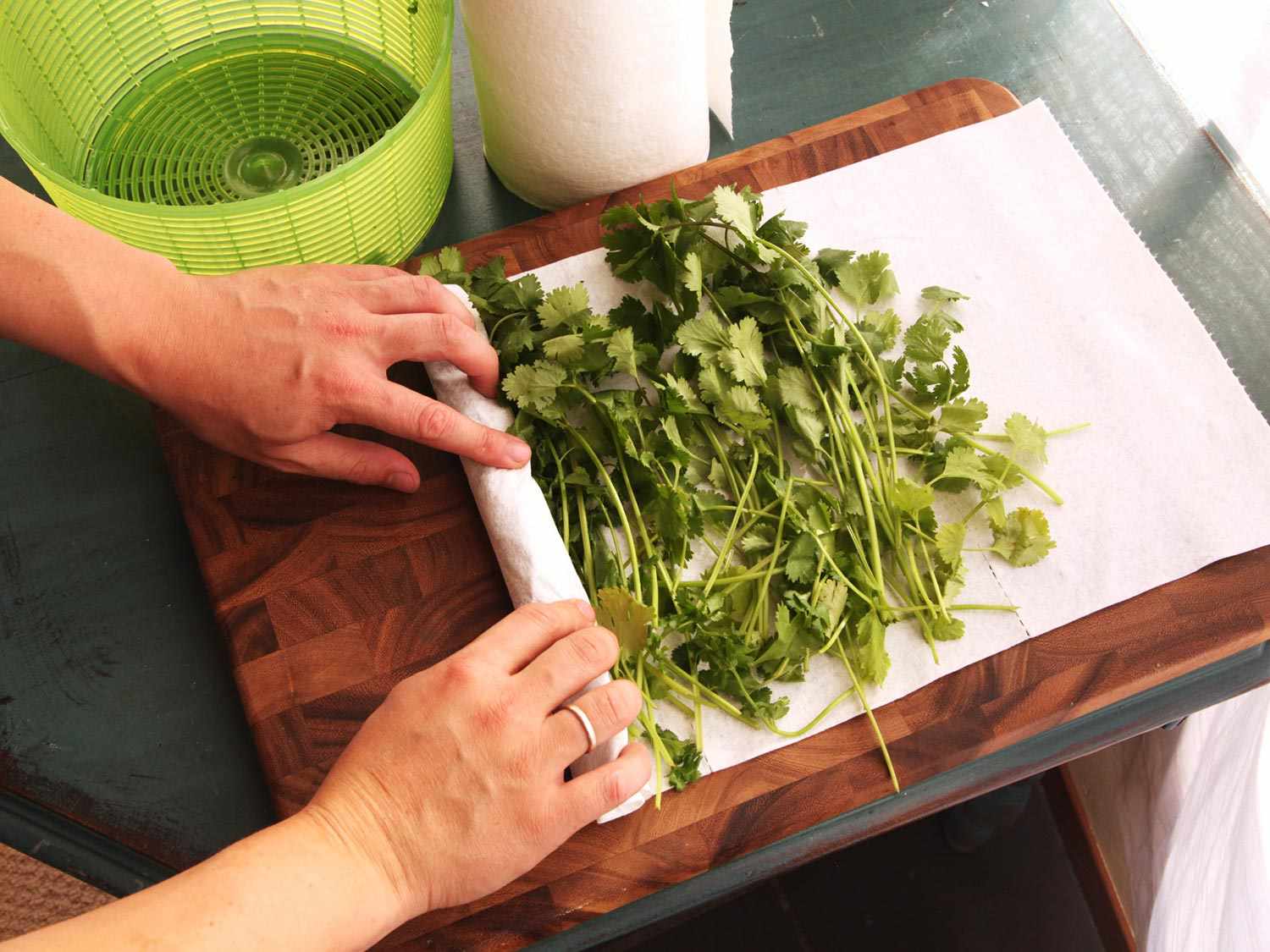
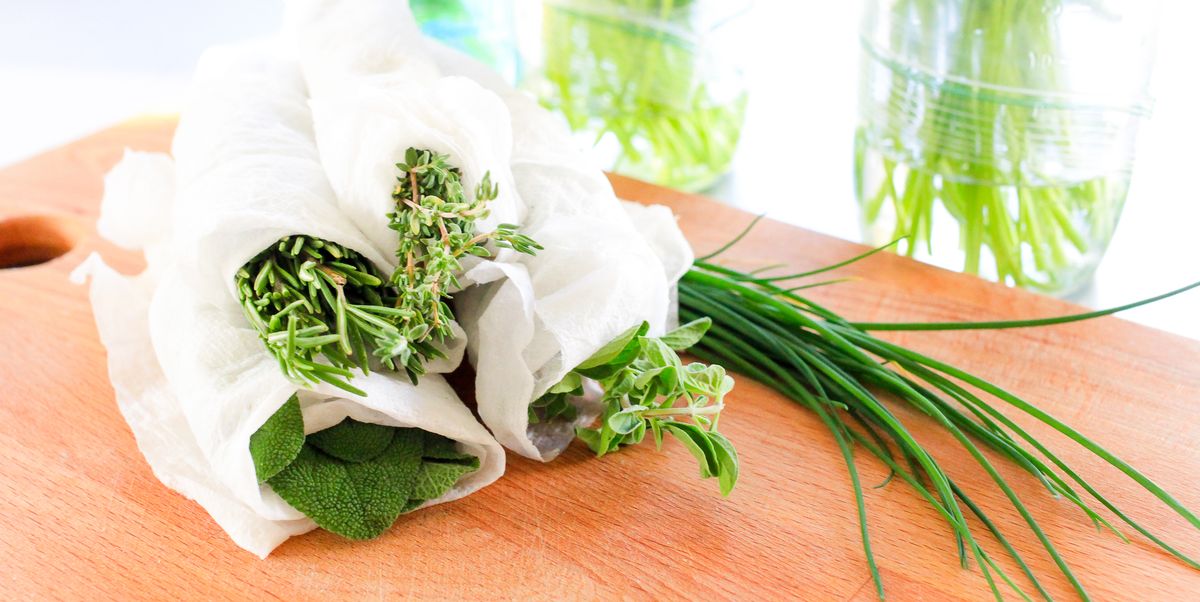
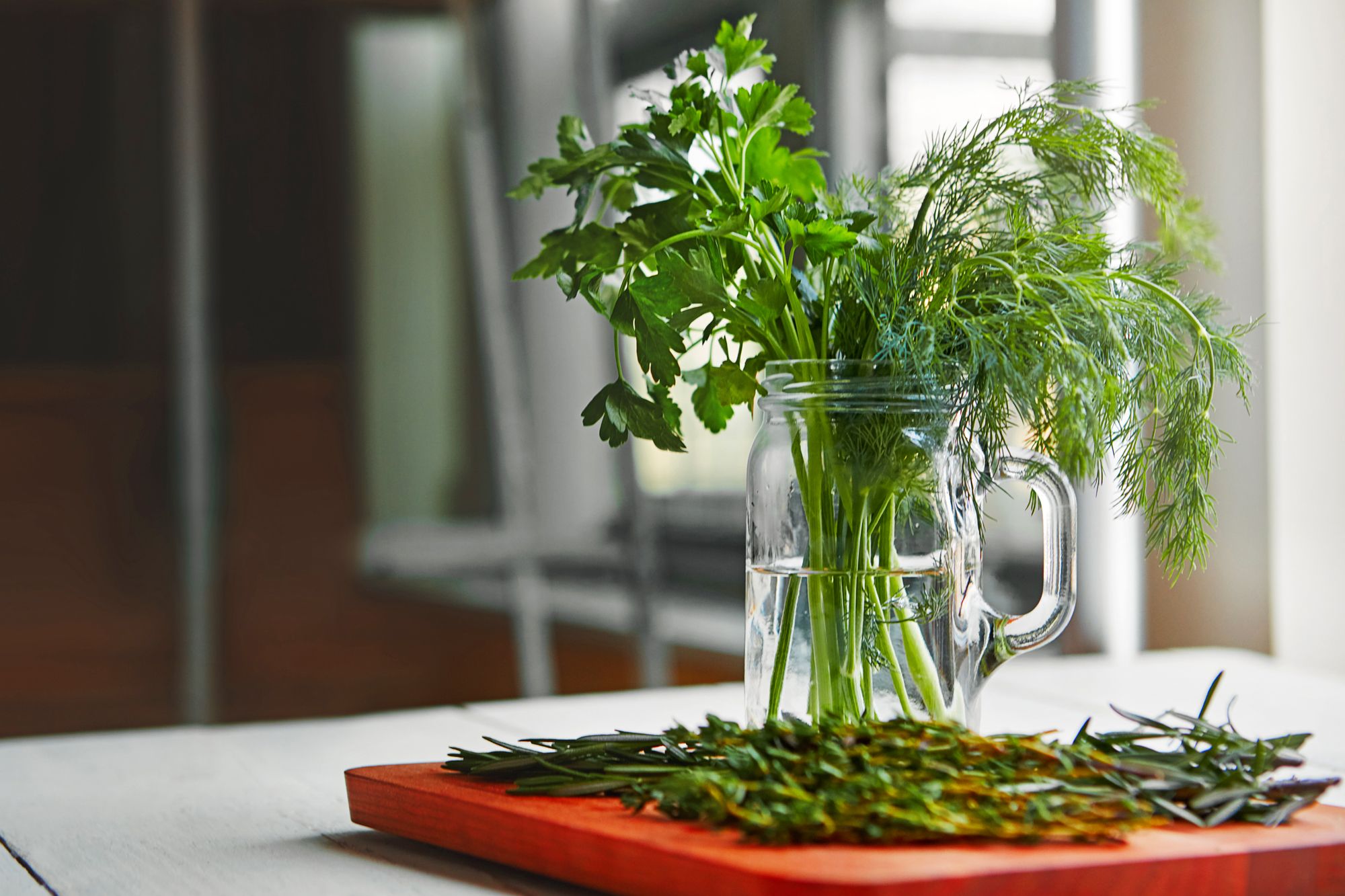
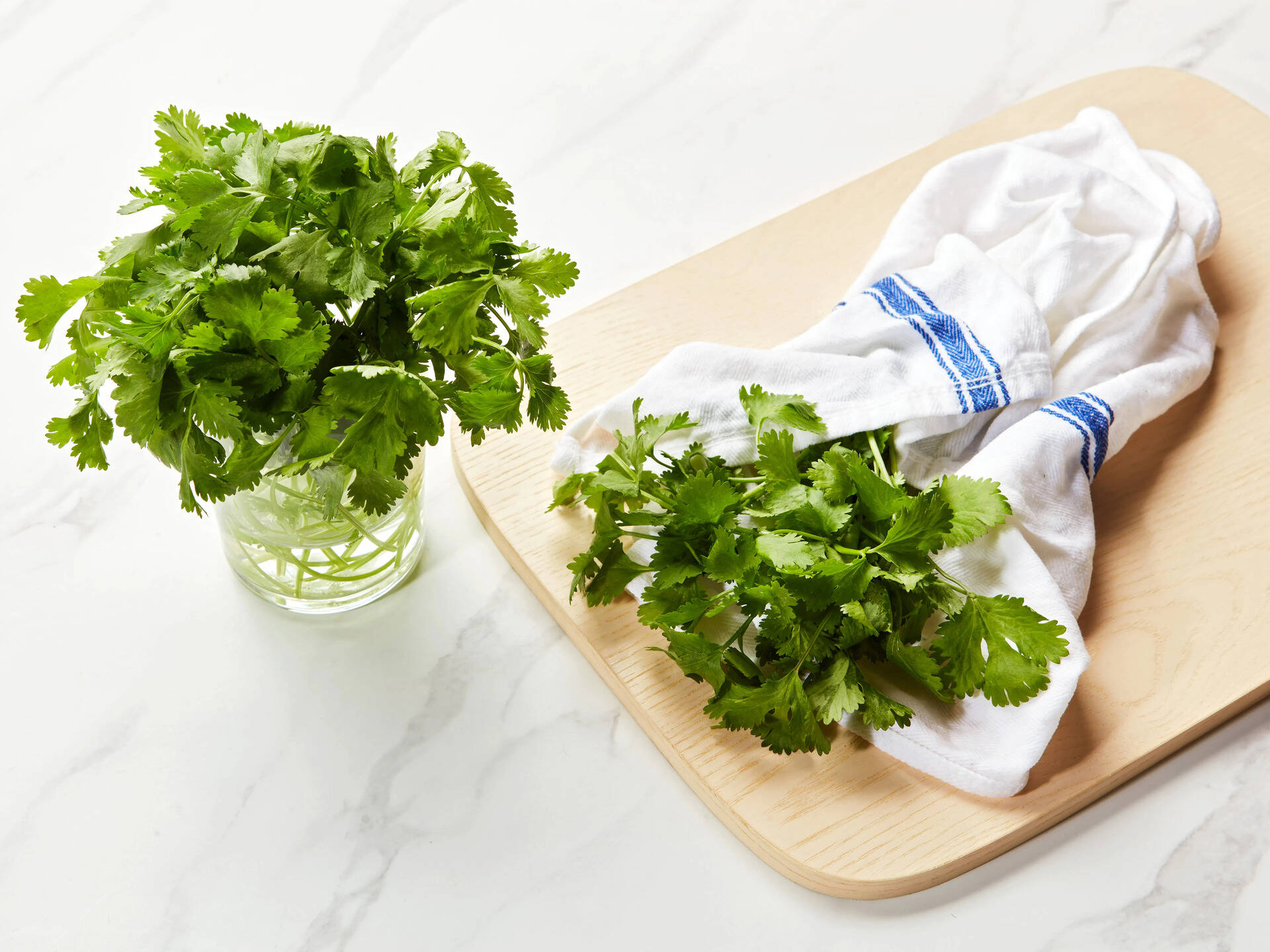

0 thoughts on “How To Store Herbs In Fridge”